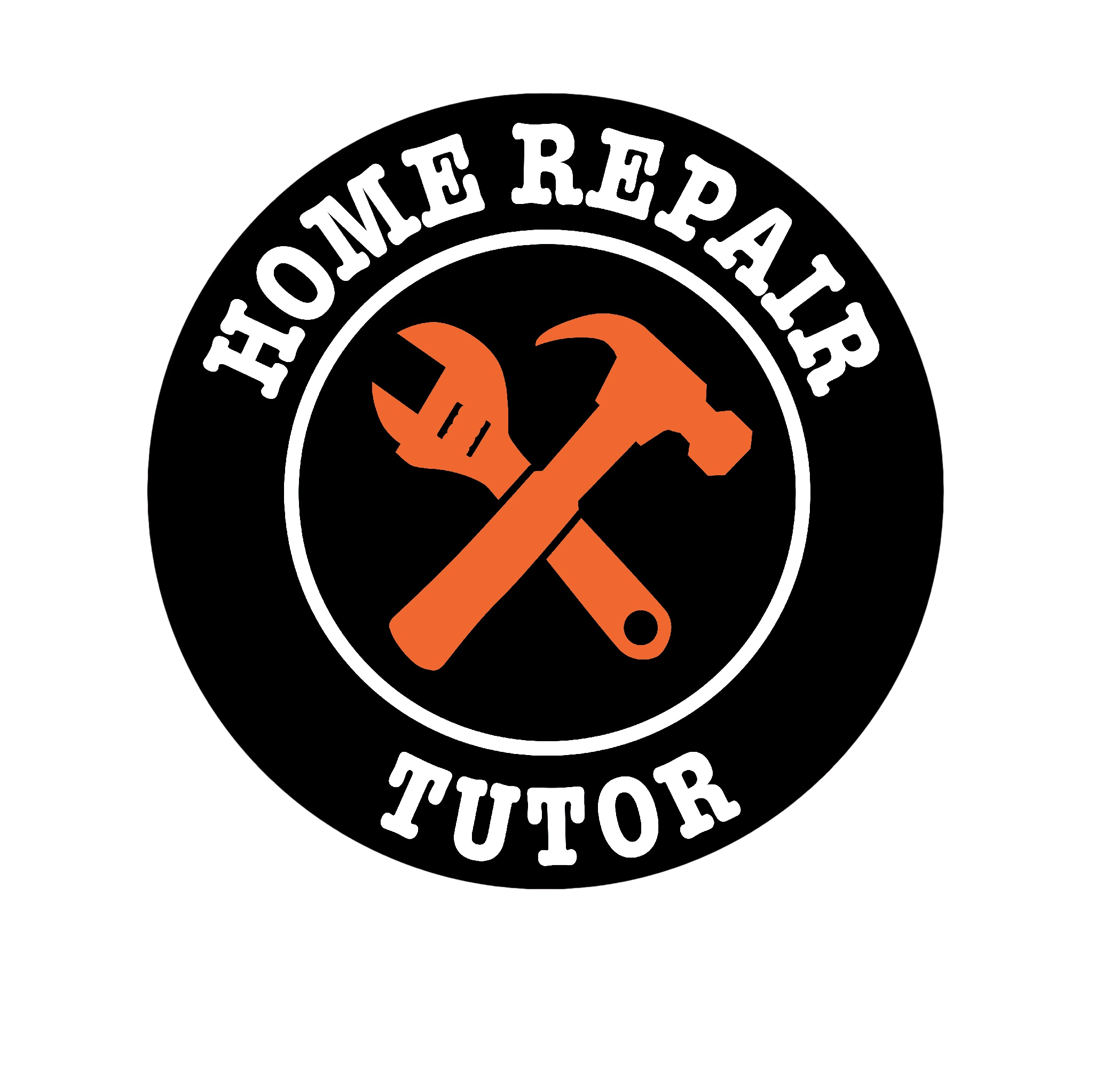My neighbor Pat recently discovered his house had high water pressure. Why is this such an issue?
While you may like strong showers in the morning your house’s internal plumbing doesn’t. Water pressure over 80 psi (pounds per square inch) can cause all sorts of issues but the primary one is water leaks.
Unfortunately I’ve been the victim of 3 pinhole leaks at our house on three separate occasions. My wife and I took a red eye flight back from Seattle to discover the first leak caused a 4 foot by 4 foot section of kitchen ceiling to collapse. Don’t get me wrong, I know the copper pipes are a big culprit but when your water pressure is 90 psi it doesn’t help.
I’ve also had the bad luck of having water leaks at clothes washers, faucets, toilets, bathtubs, exterior hose bibs, you name it. Trust me, with my own house and having to field calls from tenants at our rental homes I’ve learned how to avoid expensive water problems.
Today I’m going to share 3 tips that will help you improve your home’s water pressure, reduce the likelihood of costly water bills, and help you sleep better knowing you won’t wake up to a puddle on your kitchen’s floor.
Preventing water leaks that ruin your ceiling, walls, and floors is easier than your think. And you can follow through on my tips in the evening or over the weekend. So let’s get started!
Test Your Water Pressure Regularly (Just Like Your Blood Pressure)
Building codes state water pressure shouldn’t exceed 80 psi and Pat’s was reading a little over 90 psi (just like mine).
The solution to his problem was replacing his existing water pressure regulator. The picture above is of my water pressure regulator.
Water pressure regulators should be installed by a licensed contractor who follows the local building code specifications. Pat called our local plumbing hero Matt Mertz who has done this type of repair god knows how many times.
Most water pressure regulators are factory preset at 50 psi and even though our plumber is super awesome he forgot to tell Pat about this (oops). The first time you take a shower with water pressure at about 50 psi you’ll notice the water flow is pretty darn low.
The good news is that water pressure regulators can be adjusted and you don’t need to call your plumber to do this.
Watch this video to see how Pat tested and adjusted his water pressure down from 70 psi to 60 psi. He initially adjusted it too high and this video shows how to adjust the water pressure to a lower setting.
If you suspect your water pressure is too high make sure you test it with a water pressure gauge ($10 at Home Depot or Lowes).
Get a licensed contractor to install a water pressure regulator if you don’t already have one. Pat’s cost roughly $130. This is a much cheaper option than having a copper pipe burst, your ceiling is ruined, and the floor below be buckling. Trust me, a ceiling alone can be several hundred dollars to fix.
If you already have a water pressure regulator and would like to see if it still works properly follow the steps Pat took in our video. I’ll recap this here with some pictures, too.
First, shut off the water at your house’s internal water main. Turn the shut-off valve completely to the right.
Loosen the locking nut on the water pressure regulator by turning it to the left.
Turn the adjusting screw to the left to reduce the water pressure or to the right to increase the water pressure.
Tighten the locking nut and retest your water pressure at the laundry tub or any hose bib to see if the pressure went up or down.
Having a good water pressure regulator is one big step in the right direction when trying to prevent your water pipes and appliances from wearing out over time.
Use Quarter Turn Ball (Shutoff) Valves
Any time I buy a new rental home the first thing I do, besides buying utility line insurance, is replacing all the water supply lines that connect the water supply to a faucet, toilet, or washing machine.
You’ll typically see evidence of mineral buildup on old supply lines that need to be replaced.
My mother-in-law just bought a townhouse and got a letter from the water company stating she had high water consumption. Even though we knew this was due to watering new landscaping I checked underneath all her vanities to see if there were leaks.
There wasn’t any water damage but you can tell I should be a good son and replace her old copper tube supply lines with the steel braided variety which are much stronger and dependable.
Here’s the next HUGE cost-saving tip: replace every old shutoff valve with a brand new quarter-turn ball valve.
I again do this in every single rental home we own. The old shutoff valves typically don’t work at all and this is a big problem when someone’s toilet is overflowing at midnight. So I avoid this scenario altogether and install quarter-turn ball valves.
This type of valve can be found at every hardware store and are great because they don’t have any rubber seals that break down over time. And with the invention of SharkBite fittings, you can install these shutoff valves yourself.
A prior blog post of mine discusses how to use SharkBite fittings. They are AWESOME!!
Use Steel Braided Water Supply Lines
I use steel braided supply lines on bath & kitchen faucets …
Toilets …
And finally, clothes washing machines.
Fluidmaster makes Click Seal water supply lines that don’t require tools at the toilet or faucet side connection. They make a click when tight enough and make swapping supply lines super easy.
Summary Points for Plumbing Heaven
So here are the summary points you need to remember:
- Use a water pressure gauge to test your house’s water pressure
- If your pressure is too high have a licensed contractor install a water pressure regulator
- Adjust the water pressure on your existing water pressure so it’s between 55-75 psi
- Replace old tube water supply lines to bath & kitchen faucets with steel braided supply lines
- Replace clothes washer rubber supply lines with the steel braided variety
- Finally, use quarter turn ball valves when replacing old shutoff valves that don’t work (You’ll thank me when your toilet clogs at midnight!)
Here’s a list of the supplies in case you’re interested
- Water Pressure Gauge
- Water Pressure Regulator (Get correct size)
- Vanity Steel Braided Supply Lines (Choose correct size and length)
- Clothes Washer Steel Braided Supply Lines (Choose correct size and length)
- Toilet Steel Braided Supply Line (Choose correct size and length)
- SharkBite Quarter Turn Ball Valves (Choose correct size and position)
- Compression Quarter Turn Ball Valve (Choose correct size and position)
- These Amazon affiliate links help keep the lights on at HRT headquarters…so mucho gracias
What’s Next
If you’re doing a bathroom remodel and need help, join one of our online courses – they’ll make your bathroom renovation much easier!
Let me know if you have any questions and I’ll do my best to help.
Cheers,
Jeff

Quarter Turn Ball Valves, Steel Braided Water Supply Lines, Water Pressure









